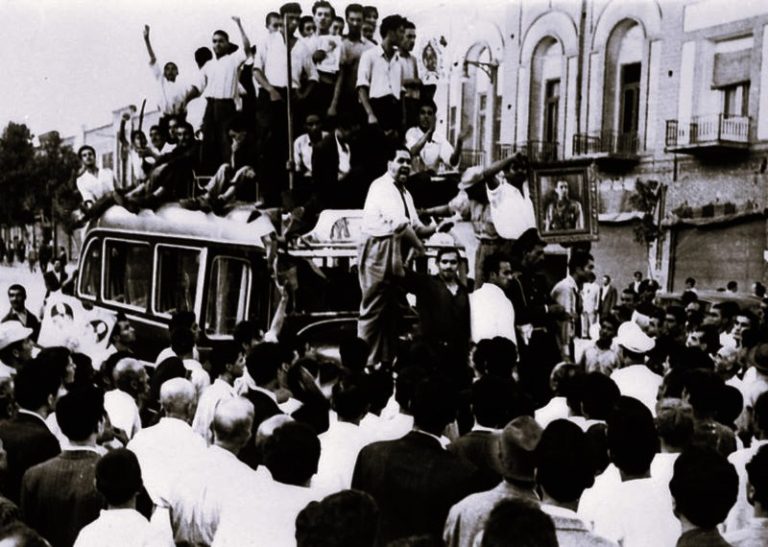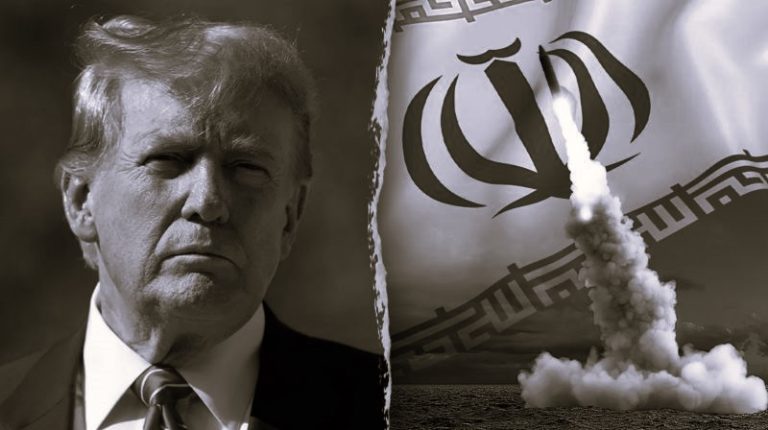
The Absentee Property Law of 1950 allowed the state to seize the property of Palestinian refugees.
Few remember the brief period, spanning just a few months in 1948-49, when the cease-fire line between Israel and Jordan ran through the Little Triangle – a concentration of Arab towns in northcentral Israel, roughly bounded by Baka al-Garbiyeh, Taibeh and Tira.
Even the two families from Taibeh and Kalansua that own land there would have lived out their lives without ever remembering. That is, until they received a Kafkaesque reminder in 2017 when the Justice Ministry’s administrator general decided to seize the lands.
The agency justified the seizure under the Absentee Property Law. They argued that the owners had been absentees during those few months, decades ago, when the border ran through the area. Even though the families never left their homes and became Israeli citizens after the war, the Supreme Court upheld the decision.
The saga began in 2017, almost 70 years after the temporary border disappeared. The landowners (who asked that their names not be published) applied for a permit to fill in a large quarry and convert the area to agricultural land. With the request, the administrator general and official receiver suddenly remembered it considers the land state-owned.
READ ENTIRE ARTICLE AT HAARETZ







